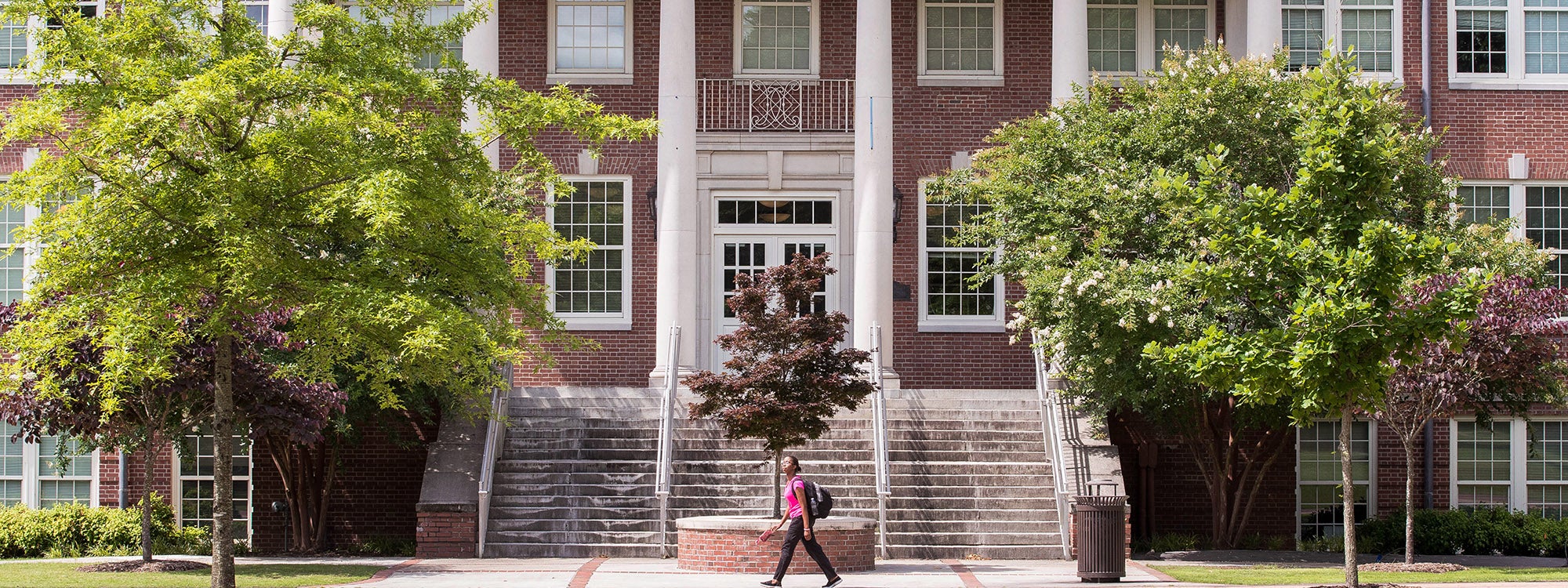Gender Studies
Explore gendered experiences from a variety of perspectives
Learn to re-vision societal patterns and explore new frameworks from which to analyze contemporary issues. The Gender Studies minor is designed to add value to any major—helping you meet personal and career goals through interdisciplinary study emphasizing critical thinking and social consciousness. Knowledge of cultural and gender diversity is crucial to students looking for careers in human services, health and wellness professions, national and international business, and human resources.
Minor in Gender Studies
The Gender Studies Program is an interdisciplinary minor administered in the Department of Sociology that supports an active network of scholars interested in gender issues.

The minor is designed to complement and enrich students’ work in their major fields of study. Our flexible, schedule-friendly 18-credit hour program consists of 6 credits of core coursework and 12 credits of electives.
Please make an appointment with Dr. Melinda Kane:
Executive Board
Director:
Gender Studies Program
Program Coordinator/Advisor
Sociology,
Brewster A404
kanem@ecu.edu
252-737-2478
About Us
What is Gender Studies?
The Gender Studies minor draws on a variety of academic perspectives to research and study gendered experiences in the United States and around the world.
The interdisciplinary program, housed in ECU’s Harriot College of Arts & Sciences’ Department of Sociology, is an outgrowth of the university’s Women’s Studies Program, which was established in 1985. Its mission remains to educate students about gender issues and to encourage scholarship about the many facets of gender and society.
As part of ECU’s commitment to enhancing students’ understanding of America’s multicultural heritage and global inter-connectedness, the Gender Studies Program provides a broad range of courses that examine the intersectionality of gender, race/ethnicity, sexual orientation, gender identity, class, political and economic structures, and social systems across disciplinary boundaries. Students are encouraged to study causes of and to seek solutions to social problems.
